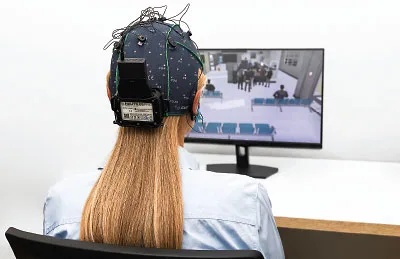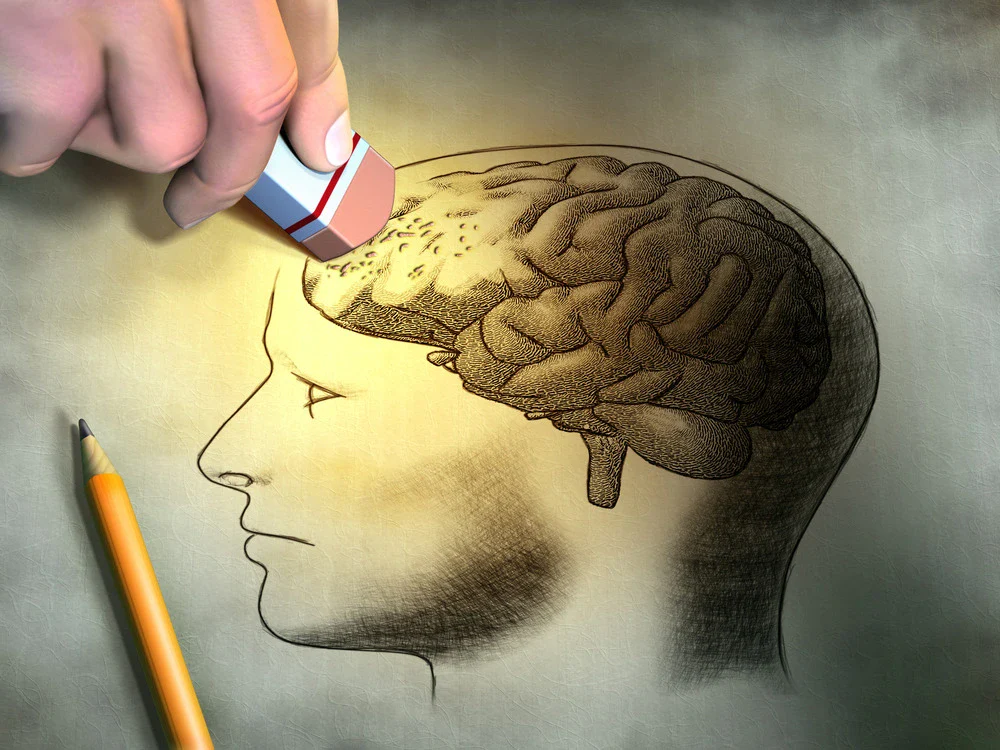Introduction to the Study
The quest for effective treatments for Post-Traumatic Stress Disorder (PTSD) has led to groundbreaking research, including a 2023 randomized controlled trial (RCT) investigating MDMA-Assisted Therapy (MDMA-AT). Published in a renowned journal, this large-scale study compared the effectiveness of MDMA-AT against a placebo in treating moderate to severe PTSD.
Study Design and Demographics
Featuring around 50 participants in each group, the study was distinguished by its notably diverse sample, a commendable aspect that enhances the applicability of its findings. Most participants had severe PTSD, with the remainder diagnosed with moderate PTSD.
Key Findings: Efficacy and Tolerance
The results were promising. MDMA-AT demonstrated success, showing durability and good tolerance compared to the placebo group. This indicates a potential paradigm shift in how PTSD can be effectively managed, especially considering the chronic and often debilitating nature of the disorder.
Interesting Observations: Predictors of Outcomes
An intriguing aspect of the study was the observation that a history of Selective Serotonin Reuptake Inhibitors (SSRI) usage and a high score on the Beck Depression Inventory (BDI) predicted better outcomes. While the implications of this finding are not immediately clear, it opens avenues for further research into patient profiles that might benefit the most from MDMA-AT.
Comparing Dropout Rates
A significant highlight of the study was the remarkably low dropout rate for MDMA-AT, recorded at only 1.9%. This figure stands in stark contrast to the reported dropout rates of 45-55% for exposure therapy, a common treatment for PTSD. This low dropout rate not only underscores the tolerability of MDMA-AT but also its potential as a more engaging and acceptable form of therapy for individuals with PTSD.
Conclusion: A New Horizon in PTSD Treatment
The study’s findings are a beacon of hope, suggesting that MDMA-AT could revolutionize the treatment of PTSD. With its demonstrated efficacy, durability, and high tolerability, MDMA-AT presents a compelling treatment alternative, especially for those who have found little relief in traditional therapies. As the medical community continues to explore and understand the full potential of MDMA-AT, it is essential to approach this promising therapy with cautious optimism, ensuring rigorous scientific evaluation and ethical considerations guide its integration into PTSD treatment protocols.
The future of PTSD therapy may indeed be on the cusp of a transformative change, offering new hope to those grappling with the shadows of trauma.
If you’re looking for transformative, alternative PTSD treatments in Los Angeles, get in touch to explore options such as our IOP, Prism for PTSD, TMS, and Ketamine Therapy. We have patients travel from all over the country who are searching for mental health treatment near them.
























